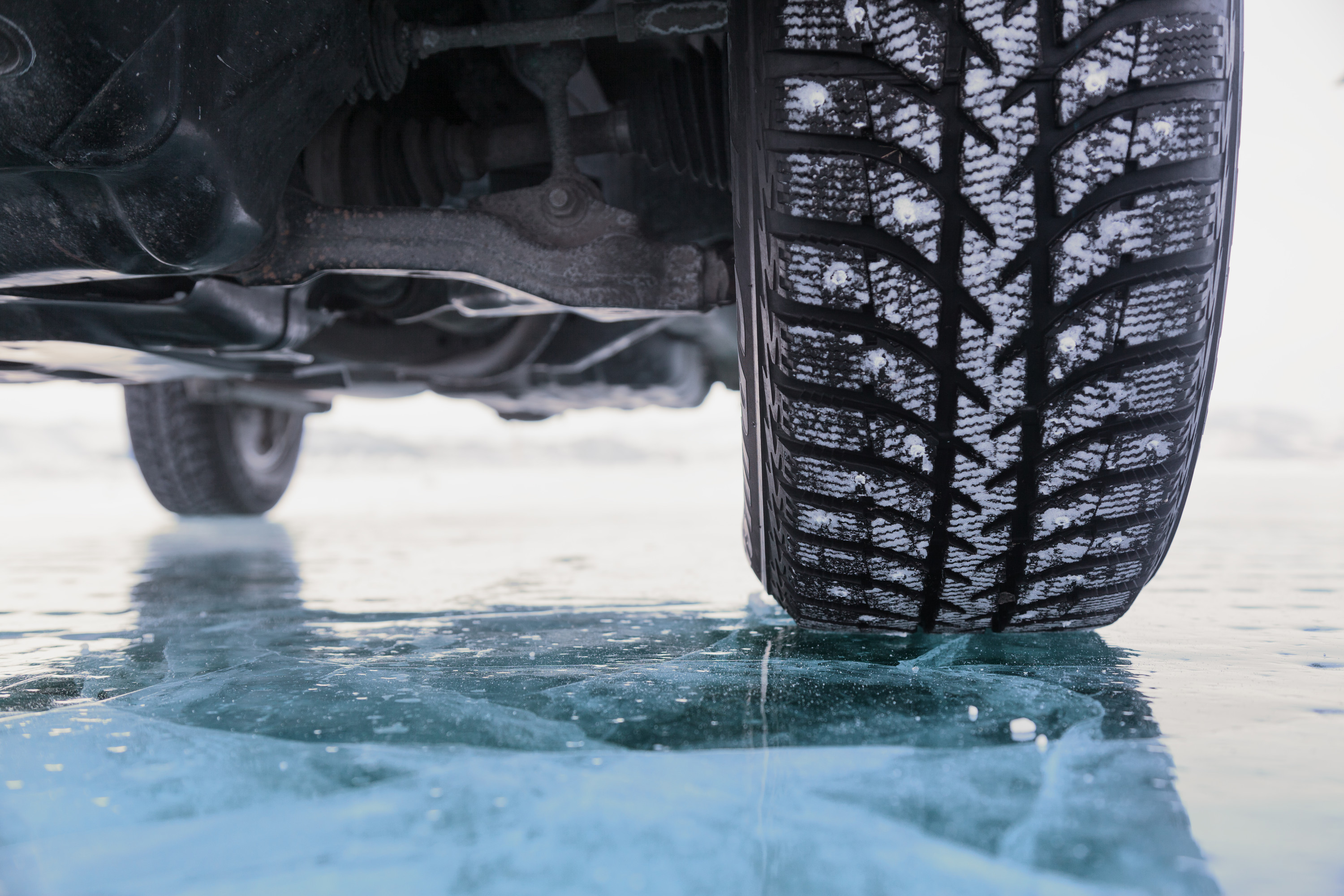TRAC Appoints Carol Hochu as President & CEO-Elect
Cambridge, ON, Aug. 27, 2020 - The Tire and Rubber Association of Canada is pleased to…
Continue Reading
Nov 9, 2020
Nearly two-thirds of Canadian motorists significantly reduced their driving due to COVID-19 fears
Cambridge, November 9, 2020 – Eighty-one per cent of winter tire owners believe driving a vehicle equipped with winter tires has saved them from loss of control or a collision, according to a new Leger survey commissioned by the Tire and Rubber Association of Canada.
TRAC’s 2020 Canadian Consumer Winter Tire Study also found that outside Quebec, where winter tires are mandated by law, winter tire usage stands at 65 per cent.
“Canadian drivers have spoken and our study shows clearly that winter tires make a profound difference in preventing collisions and saving lives,” says Carol Hochu, incoming president and CEO of TRAC. “Yet more consumer education is clearly needed to raise awareness of the superior grip and stopping power of tires designed specifically for Canadian winters. The study’s most surprising finding is that two-thirds of those not using winter tires think all-seasons are good enough.”
The most common reasons why 35 per cent of drivers outside Quebec do not use winter tires are the belief that all-season tires are good enough (65 per cent), reduced driving in winter (30 per cent) and cost (27 per cent).
Regionally, the 2020 study found:
TRAC has just released a report about winter tire use in Canada and a consumer guide to tire options for winter driving. Read the full 2020 Winter Tire Report in the Resources section of the www.tracanada.ca
Influence of COVID-19 The survey also examined how COVID-19 influenced driving habits and the seasonal tire changeover. It is no surprise that 65 per cent of motorists surveyed reported driving significantly less because of the pandemic. The good news is that only six per cent of drivers riding on winter tires avoided changing over to their summer tires because of coronavirus concerns. Nine-in-ten indicated that their spring tire changeover was not influenced by COVID-19.
Rely on the Three-Peak Mountain Snowflake Symbol (3PMS)
Tire shopping for winter can be daunting because of the wide range of options available. Tire makers recommend consumers rely on the Three-Peak Mountain Snowflake (3PMS) symbol. This symbol is recognized by Transport Canada. And a tire can legally carry 3PMS on its sidewall only if the tire meets or exceeds government and industry snow traction standards.
Demystifying winter tires
Drivers have three basic choices for the winter driving season: all-season tires; allseason tires with the 3PMS symbol (often called “all-weather” tires) and dedicated winter tires designed only for use in winter. Selecting the right tire can mean the difference between a surefooted winter motoring experience and a nervous drive.
Driving on all-season tires in winter months results in longer stopping distances and compromised handling when temperatures fall below +7°C. All-season tires with 3PMS offer moderately better traction than other all-season tires. But they are designed for occasional, medium snowfalls and may not provide the grip needed for severe winter driving conditions. Dedicated winter tires feature softer tread compounds that retain their elasticity even in extremely cold temperatures. They provide superior traction and significantly shorter stopping distances in all winter driving conditions from icy, slushy, and snow-covered roads to cold, dry pavement. Dedicated winter tires perform best and are hands down the safest choice.
Rigorous testing
All winter tires manufactured by TRAC member tire makers undergo thorough and sophisticated testing. The ASTM F-1805 Driving Traction Test is a rigorous, performance-based standard. Only tires with advanced designs, treads, and rubber compounds can meet or exceed this performance standard. Canadian federal regulation under Transport Canada mandates that all tires that carry the 3PMS symbol must pass this test.
Survey Methodology
A survey of 1,523 Canadians was completed online between October 2-5, 2020, using Leger’s online panel. A probability sample of the same size would yield a margin of error of +/-2.5%, 19 times out of 20.
Tire and Rubber Association of Canada
5409 Eglinton Ave W, Suite 208
Etobicoke, ON M9C 5K6
Tel: (437) 880-8420
Email: [email protected]
